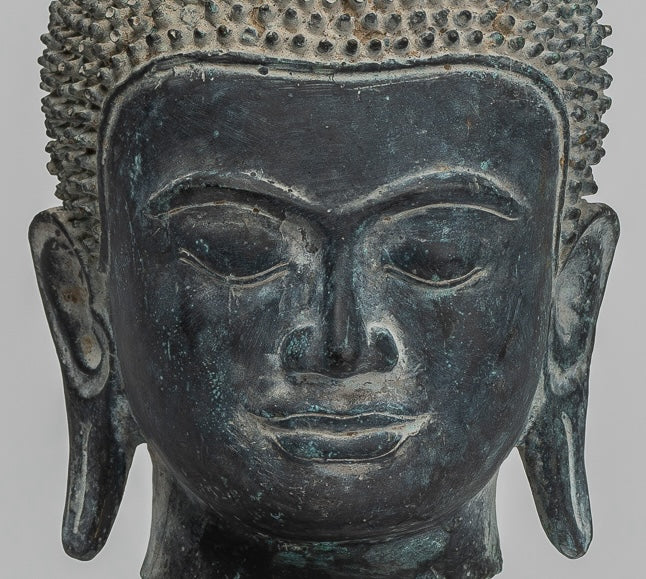
The Enduring Significance of Buddha: A Beacon of Wisdom and Compassion
Introduction
Siddhartha Gautama, revered as the Buddha, stands as a towering figure in human history. Emerging from the ancient soil of India, his teachings have transcended time and cultural boundaries, leaving an indelible mark on the world.
In this blog post, we will explore the enduring significance of the Buddha and the impact of his teachings on the human experience.
-
The Illuminator of Wisdom: At the heart of the Buddha's significance lies his role as the "Awakened One" or the "Enlightened One." His profound insights into the nature of existence, suffering, and the path to liberation illuminated a path of wisdom for generations to come. The Four Noble Truths and the Noble Eightfold Path, central tenets of Buddhist philosophy, continue to guide seekers toward a deeper understanding of life.
-
Compassion Embodied: Buddha's teachings emphasize compassion as a central virtue. His own life, marked by acts of kindness and empathy, serves as a powerful example of compassion in action. The Buddha's teachings on loving-kindness (Metta) and compassion (Karuna) inspire individuals to cultivate a compassionate heart in their interactions with others.
-
Universal Relevance: The Buddha's teachings are not confined to a particular time or culture. The universality of his insights transcends religious and geographical boundaries, making Buddhism a global philosophy. The principles of mindfulness, ethical living, and the pursuit of inner peace resonate with people from diverse backgrounds seeking meaning and purpose in their lives.
-
A Guide for Personal Transformation: The Buddha's teachings provide a practical guide for personal transformation. The emphasis on self-awareness, mindfulness, and ethical conduct serves as a roadmap for individuals navigating the complexities of life. The transformative power of these teachings is reflected in the countless lives that have been positively changed through the practice of Buddhism.
-
Mindfulness in the Modern World: In an era marked by constant distractions and a fast-paced lifestyle, the practice of mindfulness, rooted in Buddhist teachings, has gained renewed significance. The Buddha's emphasis on being fully present in the moment resonates with those seeking respite from the anxieties of the past and the uncertainties of the future.
-
The Symbol of Enlightenment: The image of the Buddha, whether in meditation or the gesture of teaching (Dharmachakra Mudra), serves as a powerful symbol of enlightenment. It reminds practitioners of the potential for inner awakening and the possibility of transcending the challenges of human existence.
Conclusion
The enduring significance of the Buddha lies not only in the historical figure who walked the Indian subcontinent over two millennia ago but in the timeless wisdom he imparted to humanity. As a beacon of wisdom and compassion, the Buddha continues to inspire millions to embark on a journey of self-discovery, ethical living, and the pursuit of inner peace.
In a world marked by change, the teachings of the Buddha remain a timeless guide for those seeking meaning and enlightenment in their lives.


